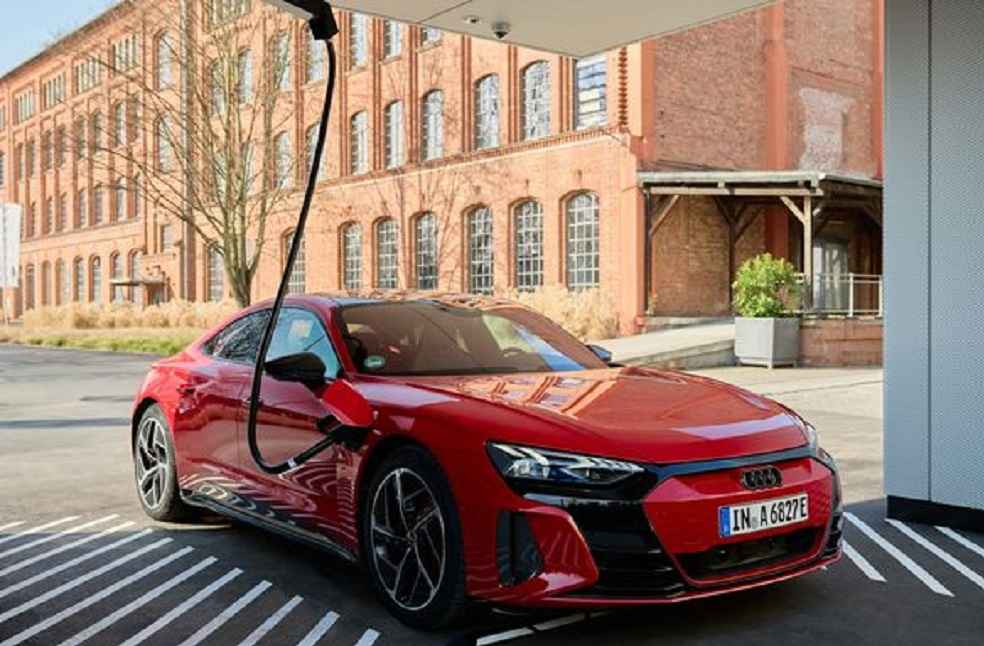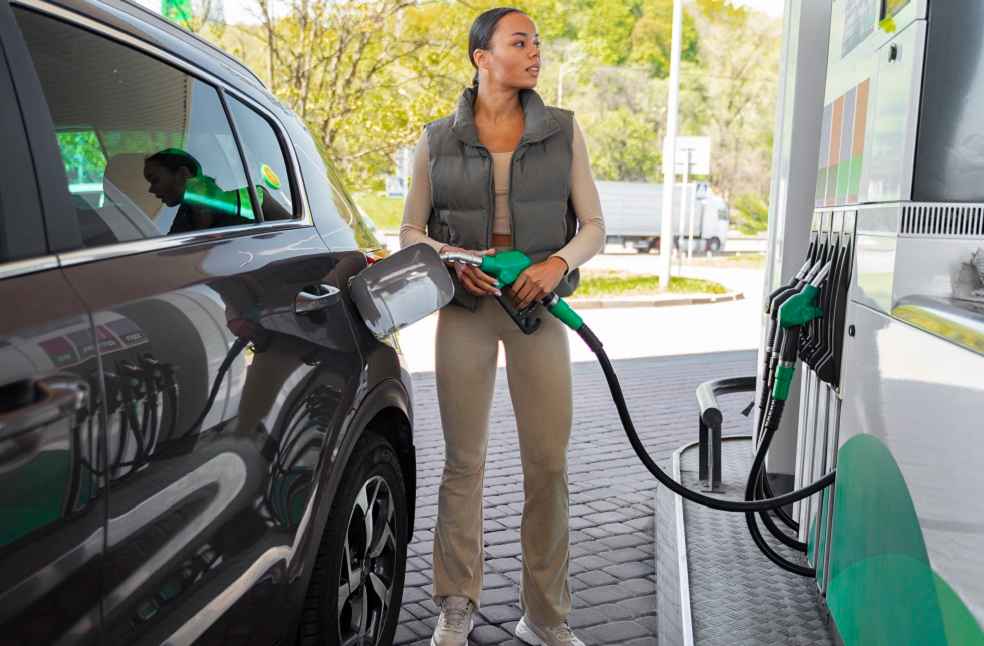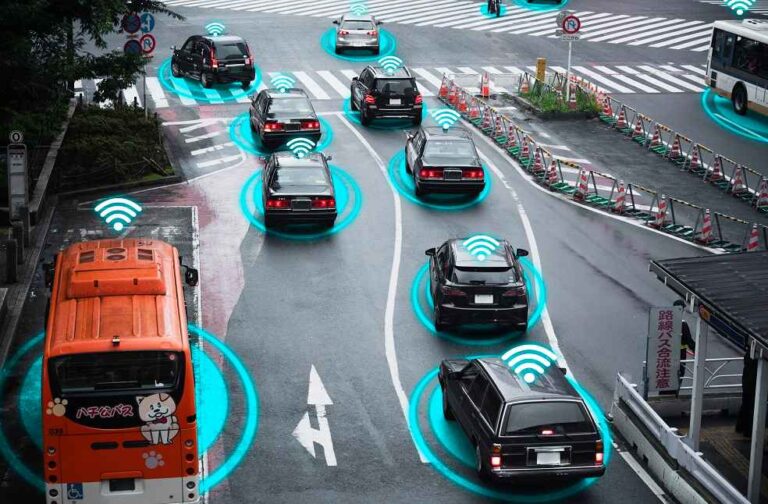At the Tiexi plant of BMW Brilliance Automotive, located in Northeast China, rows of sleek electric vehicles are prepped for global dispatch. Nearby, an auto parts factory hums with activity, producing essential components for vehicle assembly, epitomizing the growing synergy between Chinese and European auto industry.
Gestamp, a Spanish firm specializing in precision metal components, operates this bustling factory in Shenyang, Liaoning province. This setup exemplifies the strategic integration of European suppliers near major Chinese automotive hubs, fostering closer collaboration.
Gestamp’s Shenyang factory, led by General Manager Ren Tingfu, has consistently expanded since its inception in 2012. “To meet growing demand from our clients, we invested in expanding the automotive component project in 2023, which will soon be operational,” Ren noted. Since starting operations in China in 2007, Gestamp has grown to 14 factories and two R&D centers, employing over 5,000 people.

“China boasts a vast, innovative and dynamic auto market,” stated Antonio Lopez Arce, CEO of Gestamp’s Asia division, highlighting the critical importance of their investments in China. Gestamp continuously introduces cutting-edge chassis and battery box technologies to the Chinese market.
European automakers are also ramping up their investments in China’s burgeoning new energy vehicle (NEV) sector. BMW announced an additional 20 billion yuan ($2.77 billion) investment in April 2024 to localize the manufacture of a new generation of BMW models by 2026 at its Shenyang production base. Volkswagen AG has established its largest R&D center outside Germany in China, focusing on intelligent networked vehicles.
German auto supplier ZF Group launched an NEV auto parts industrial park in Shenyang in 2023, investing approximately 2.2 billion yuan. Bosch has expanded its NEV core components and autonomous driving R&D and manufacturing base in Suzhou, Jiangsu province, slated to be operational later this year.

Rising demand in the Chinese market fuels optimism among carmakers and auto parts firms. The China Association of Automobile Manufacturers reported NEV production and sales reached 4.93 million units and 4.94 million units in the first half of 2024, marking year-on-year increases of 30.1 percent and 32 percent.
Chinese automakers and supply chain companies are also establishing a presence in Europe, engaging in technological collaborations. Spanish auto company Ebro-EV Motors and China’s Chery Auto signed a pact in April to develop NEVs through a joint venture in Barcelona. Chinese automaker BYD announced an NEV production base in Hungary in December 2023 to bolster local green energy ecosystems.
“In the 1980s, the establishment of SAIC Volkswagen Automotive Co Ltd, a JV of Volkswagen AG and China’s SAIC Motor, significantly bolstered China’s auto industry. Today, China’s strides in NEVs benefit nations worldwide, reflecting mutually beneficial cooperation,” commented Cao Xudong, CEO of Momenta, a Chinese autonomous driving solutions provider.
GENERAL | Ola Electric Halts Car Project to Boost Electric Scooter and Bike Market





